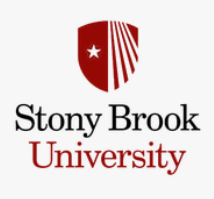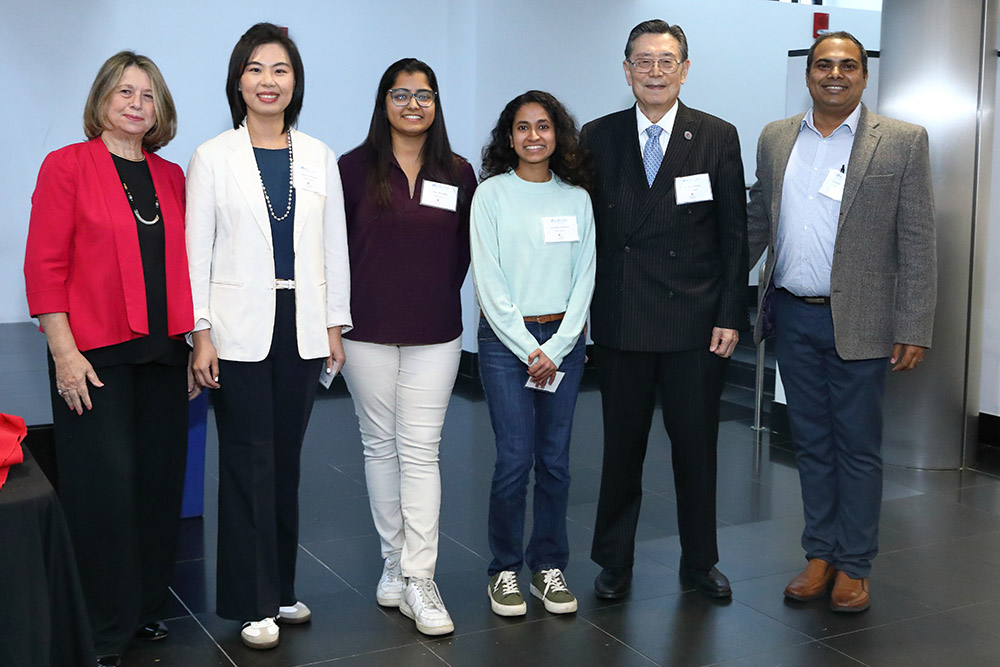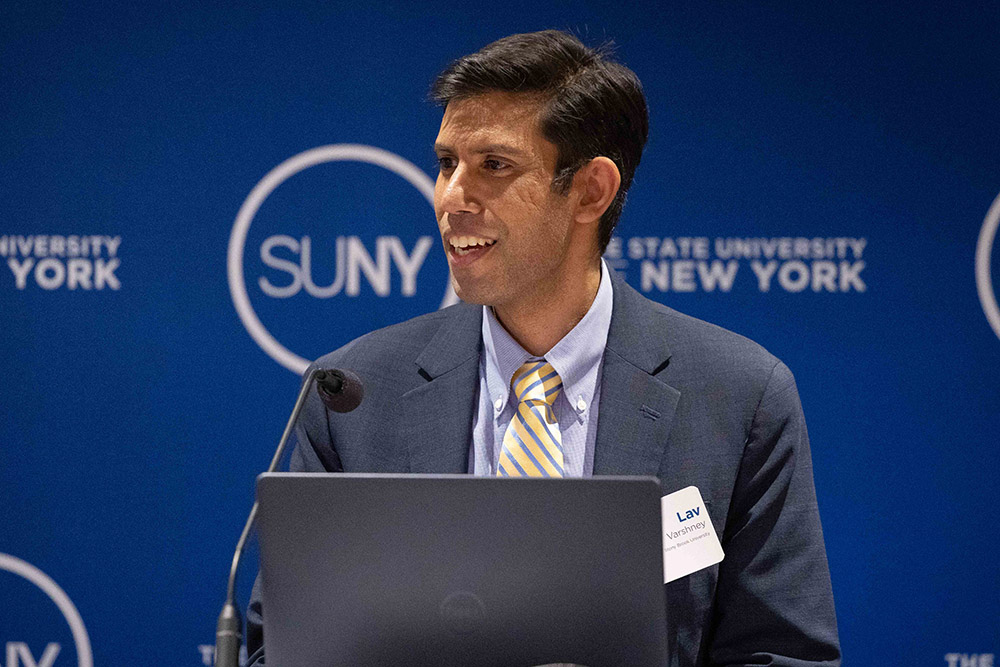We present a novel method for scale-invariant 3D face recognition by integrating computer-generated holography with the Mellin transform.
When some people think of artificial intelligence (AI), they see images of students hunched over laptops at 11:59 p.m. debating whether or not to use ChatGPT or asking Siri and Alexa simple questions. But beyond these everyday uses, researchers at Stony Brook University see AI as a powerful tool for advancing medical discovery. These research projects, including work in radiology, drug development, and data-driven clinical research, are designed to show how AI can aid physicians rather than replace them.

When Ankita Nagpal boarded a flight from India to the United States two years ago, she brought with her a passion for writing and a sense that she needed time and community to grow into the writer she hoped to become. She had never been to the United States.

Stony Brook, NY, December 18, 2025 — When a patient with cancer comes in for radiation therapy, one of the most time-consuming steps happens long before any beam is turned on. Clinicians must decide exactly how much radiation each part of the body should receive: enough to destroy the tumor, but not so much that it harms nearby healthy organs.
Critics warn that AI’s potential for bias, lack of true empathy, and limited human oversight could actually endanger users’ mental health, especially among vulnerable groups like children, teens, people with mental health conditions, and those experiencing suicidal thoughts.

A new, cross-disciplinary course is launching in Spring 2026 that will take a multi-disciplinary approach to inquiring about the role of AI in our contemporary world.
How is artificial intelligence (AI) reshaping scientific research? As part of the “Conversations in Graduate Education” series, the Graduate School hosted a virtual discussion on Wednesday, November 6, featuring Lisa Messeri (Yale University) and Molly Crockett (Princeton University), co-authors of the Nature article “Artificial intelligence and illusions of understanding in scientific research.”










